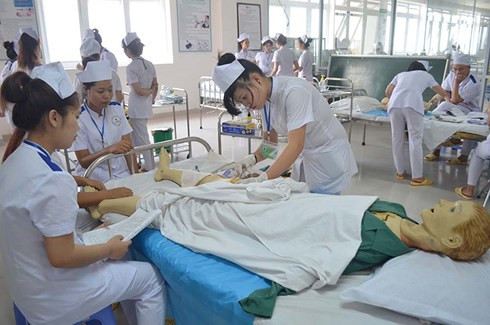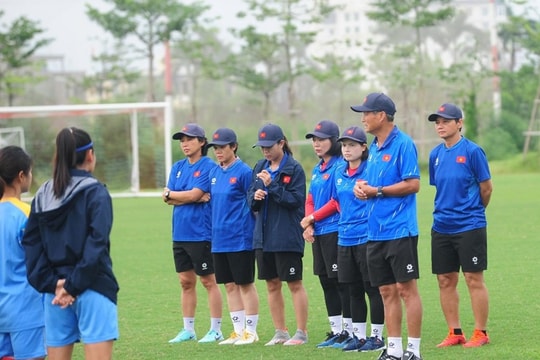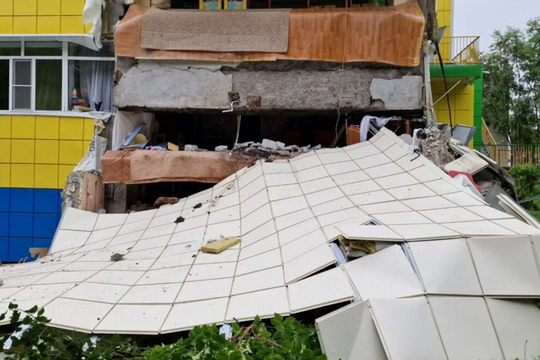Vietnamese trainees in Japan top the list of law violations
Sending trainees to Japan is facing the biggest problem when the rate of Vietnamese workers breaking contracts and staying illegally is very high.
Vietnam and Japan have signed a comprehensive economic partnership agreement, which includes the implementation of training courses for Vietnamese nursing and care trainees to go to Japan to work.
To date, Vietnam has organized 5 training courses for nurses and caregivers to go to Japan with more than 800 people leaving. Vietnamese nurses and caregivers are highly appreciated by Japan, because the number of people passing the national certification exam in the nursing field is over 80% - 90%, higher than the Philippines and Indonesia, which usually only pass about 30% - 40%.
|
Although the results are relatively positive, there are still many shortcomings and limitations surrounding the issue of cooperation in sending interns to Japan.
According to Deputy Minister of Labor, Invalids and Social Affairs Doan Mau Diep, the biggest problem in sending interns to Japan is the high rate of contract termination and illegal residence, even the highest among countries sending interns to Japan.
"The rate of interns committing crimes, including theft, is also the highest, higher than China and South Korea. The number of people following this program is very large, but the situation of law violations and illegal residence is also increasing.The Japanese government has asked Vietnam to review and rectify the situation to send the best trainees who do not violate the law to Japan," Deputy Minister Diep said.
According to statistics from the Ministry of Labor, Invalids and Social Affairs, out of more than 800 people who went to Japan under the nursing labor dispatch program, about 69 people quit their jobs after working in Japan and returned home.
Evaluating this program, the Deputy Minister of Labor, Invalids and Social Affairs said that both Vietnam and Japan admit that nursing internships are not attractive. Working in nursing homes and hospitals is not necessarily clean work, so the risk of nursing and nursing internships having their contracts terminated is very high.
"Indonesia and the Philippines are also countries that have been licensed by Japan to send nursing trainees. However, up to now, no country has been interested in implementing this program. That shows that not only Vietnamese workers but also workers from other countries find this industry unattractive," said Deputy Minister Doan Mau Diep.
Vietnamese workers' salaries must be higher than that of native workers.
To overcome this situation, Deputy Minister Doan Mau Diep said: According to the direction of the Prime Minister, the Ministry of Labor, Invalids and Social Affairs is requesting the Department of Overseas Labor Management to negotiate and discuss with the Japanese side specific issues, binding the responsibilities of Vietnamese enterprises, and Japanese unions that want to receive Vietnamese nursing and care trainees to support all training costs, support Japanese language teachers...
From there, ensure the best benefits for interns such as salaries for Vietnamese nursing interns and caregivers must be equal to or higher than those of native people doing the same job.
Furthermore, this field is limited to nursing centers, hospitals, and nursing homes, so interns have few opportunities to interact with other subjects to improve their language skills.
Japan stipulates that before leaving for Japan, trainees must have Japanese language proficiency level N4, and within one year must have Japanese proficiency level N3, so the risk of being sent back is very high, so the nursing and care trainee program cannot be implemented on a large scale. This is also an issue that needs to be resolved in the near future./.







.jpg)

